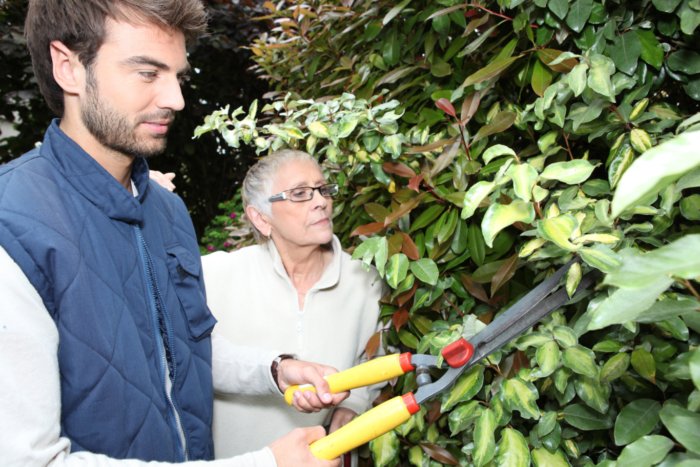6 Landscape Design Mistakes
that can Ruin Your Home

Clumsy and neglected landscaping can not only damage your home’s curb appeal, but it can easily cut
the value of the property and it will make it a lot harder to sell if you’re not careful. Real estate
appraisers will often warn that bad landscaping is one of the most serious buyer turnoffs that may really
make your property languish on the market and to hurt its prices. Make sure that never happens to you
by checking out the following common mistakes you can make when working on your home:
Planting with no plans
When it comes to landscaping, some choices may last you for a long time while others may only last a
season. Taking the time to plan out and plot the yard will give you the best potential approach to make
curb appeal work with great aesthetics in mind. If you are not quite certain how to approach your design
needs, then you should consider making use of a landscape architect for a more accurate set of results.
They will give you a hand in figuring out the yard and to provide plant lists you can work with for
landscaping purposes yourself.
Keeping things too close to each other
Planting in clusters may look a lot better than installing single plants, all throughout the yard. You should
make sure you have your groups of shrubs, perennials and trees that have plenty of room to spread
around the area without looking overgrown or choked. Overcrowded landscaping will compete with
itself for water and food, putting all your clustered plants at risk, especially during times of drought.
Check out how high and wide your mature plants have to be and then work on combining that
information into spacing suggestions on the planting labels. At first the garden beds of your young plants
will look too airy, but within a couple of years you will see the beds filling in.
Zoning out
You should never be seduced by catalog plants that look great on paper, but are not suited to the
hardiness zone where you are. You will wind up with plants that may die prematurely and will demand
winter covers, daily watering and more efforts to keep your plants alive and healthy.
More of the same mistakes
You would do well to resist the design temptation to completely change your yard and to fill it up with
your favorite shrub or plant. This will only make for a boring monochromatic look, making your yard look
good only at a part of the year while looking pretty drab the rest of the year. Mixing things up and
striving for a four season color will be a much better solution. A good example of that would be to
combine your spring blooming plants with some summer blooming roses and autumn ones as well, such
as burning bushes (Euonymus alatus). For some winter color you can add hardier shrubs such as red osier
Refusing to bury dead plants
Nothing will make your curb appeal plummet like rows upon rows of dying or dead perennials. You can
quickly remove your dying plants from the front and side yards to make use of them in a different way,
such as composting or something similar. Landscaping can sometimes succumb to infestation or disease,
so you would do well to inter the dead plants in plastic bags and then add to the trash.
Weeds going out of control
Weeds will not only wreck the looks and health of your landscaping, but they will really compete with
the vegetation for water and food. They can also shorten the life of your stone, brick and more, creating
cracks in mortar as well. The best way to stop the weeds from spreading would be to spread a pre-
emergent a couple of weeks before the weeds germinate. This will usually stop them from growing, so
make use of the chance to do so.